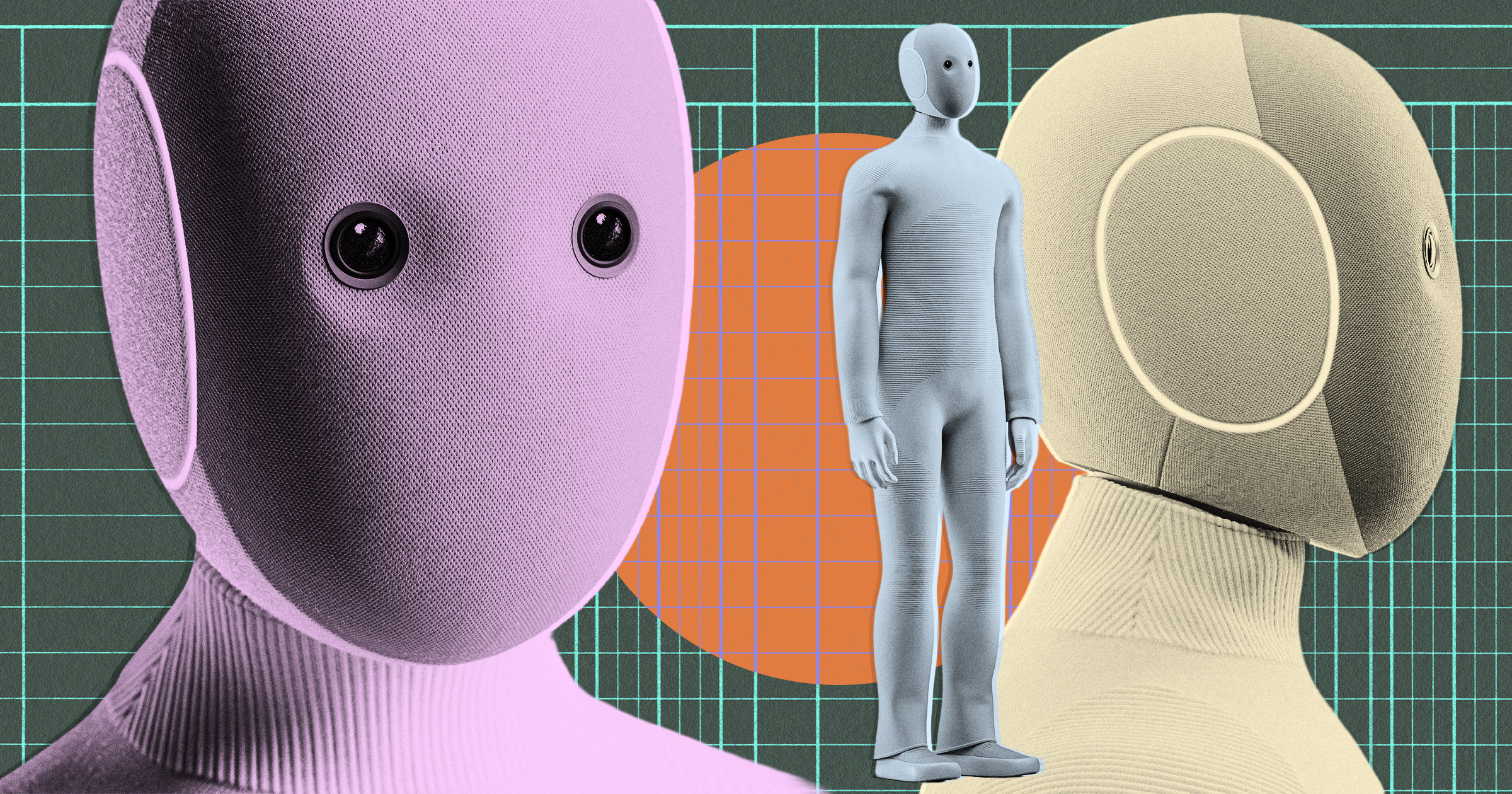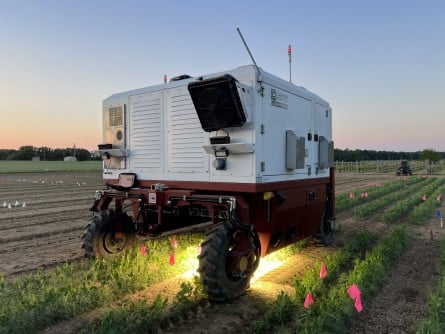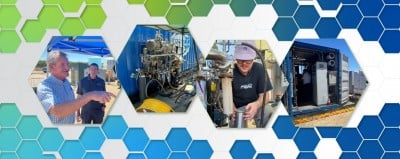A new robot servant called NEO is set to hit the market in 2026, but its functionality comes with a significant catch. Priced at $20,000, this product from the Palo Alto-based startup 1X relies heavily on human operators to perform tasks, challenging the notion of true robotic autonomy. The pre-order phase is currently open, with customers able to reserve their NEO for a $200 deposit, followed by a subscription fee of $499 per month or a one-time payment of $20,000.
NEO, designed by Bernt Børnich, the founder and CEO of 1X, weighs 66 pounds and stands at 5 feet 6 inches. It features a fabric-wrapped exterior, available in various earthy tones like tan, gray, and dark brown. Børnich envisions NEO as a departure from the often dark and dystopian narratives associated with robotics, aiming to create a more user-friendly experience.
Human Oversight Required
Unlike fully autonomous robots, NEO operates under the supervision of remote workers. This means that each time a task is scheduled, a human will be controlling the robot, effectively making it a remote-controlled assistant rather than an independent entity. Owners must download an app to manage their NEO, scheduling chores that the robot will perform at their command. This setup raises privacy concerns, as it involves allowing a stranger to access personal living spaces.
In an interview with the Wall Street Journal, Børnich acknowledged that data collection is essential for improving the service. “If we don’t have your data, we can’t make the product better,” he stated. While the company aims to gather information to enhance NEO’s capabilities, the prospect of a robot that can operate on its own remains uncertain.
The Future of Humanoid Robotics
Despite the excitement surrounding NEO, experts like tech journalist Michael Hiltzik emphasize that humanoid robots still struggle with fundamental tasks, such as navigating home environments safely and efficiently. Projects like NEO and Tesla’s Optimus often appear more focused on leveraging technological trends and market hype than on delivering practical consumer solutions.
As the robotics industry continues to evolve, innovations in industrial applications have shown promising advancements, particularly in countries like China. However, the journey toward fully autonomous home robots like those depicted in science fiction remains fraught with challenges.
For now, those looking to alleviate their household chores may find that traditional human assistance remains the most effective solution.







